Matthew Chapter 18:21-35
Peter approached Jesus and asked him,
“Lord, if my brother sins against me,
how often must I forgive him?
As many as seven times?”
St. Peter came to Jesus with a question of forgiveness. He wanted to know how many times one should forgive his brother.
Jesus answered, “I say to you, not seven times but seventy-seven times.
Jesus said, there is no limit to how many times you must forgive your brethren.
Then He told Peter a parable.
That is why the Kingdom of heaven may be likened to a king who decided to settle accounts with his servants.
When he began the accounting, a debtor was brought before him who owed him a huge amount.
Since he had no way of paying it back,
his master ordered him to be sold,
along with his wife, his children, and all his property,
in payment of the debt.
There was a man who owed the King a great deal of money which he could not repay. So the King ordered the man be apprehended, he and his family. He also ordered that he and his family be sold off in payment of the debt.
At that, the servant fell down, did him homage, and said,
‘Be patient with me, and I will pay you back in full.’
Moved with compassion the master of that servant
let him go and forgave him the loan.
At this the man fell to the floor and begged for mercy, promising that he would repay the King in time. The King was touched by this pleading and forgave the entire debt.
When that servant had left, he found one of his fellow servants who owed him a much smaller amount.
He seized him and started to choke him, demanding,
‘Pay back what you owe.’ Falling to his knees, his fellow servant begged him, ‘Be patient with me, and I will pay you back.’ But he refused. Instead, he had him put in prison until he paid back the debt.
Upon leaving the King's presence, the man observed a person who owed him money. He immediately grabbed the person, choking him and demanded to be paid. The person begged for mercy and time to pay him back. But the man would have none of it and had the person thrown in jail.
Now when his fellow servants saw what had happened,Other people saw the whole thing and went and reported to the King.
they were deeply disturbed, and went to their master
and reported the whole affair.
His master summoned him and said to him, ‘You wicked servant! I forgave you your entire debt because you begged me to. Should you not have had pity on your fellow servant, as I had pity on you?’ Then in anger his master handed him over to the torturers until he should pay back the whole debt.Upon learning this, the King had the man seized to whom he had originally forgiven the debt. And he said to him, "I forgave you more than you could ever repay. Shouldn't you have learned from my example and forgiven your brother as I forgave you? But since you did not, then you will be cast into jail until you can repay the debt you owe." And this time, he was handed over to torturers until he should pay back the whole debt.
So will my heavenly Father do to you,
unless each of you forgives your brother from your heart.”
The King is God of course. And we, Christians, are the debtors who stand before the Throne of God in the Sacraments, begging God's forgiveness. And He lavishly forgives us all our sins. Washing them away in the waters of Baptism and in Confession, Confirmation, Eucharist, and Anointing.
But if we who have been thus forgiven turn around and hold grudges against our neighbors who have asked us their forgiveness and who perhaps do not have the ability to make amends. Then you can forget that you ever washed your sins away in the waters of grace provided by the Holy Spirit. You will be surprised to find yourself besieged by the devil and his angels after God refuses you entrance into the heavenly Jerusalem.


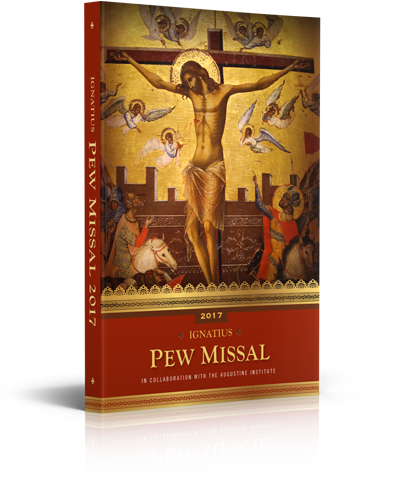

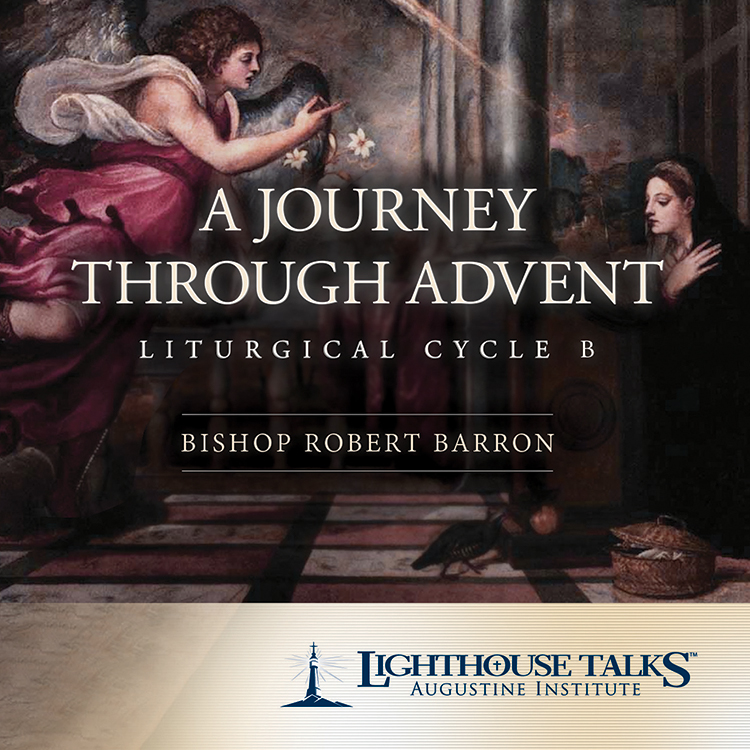
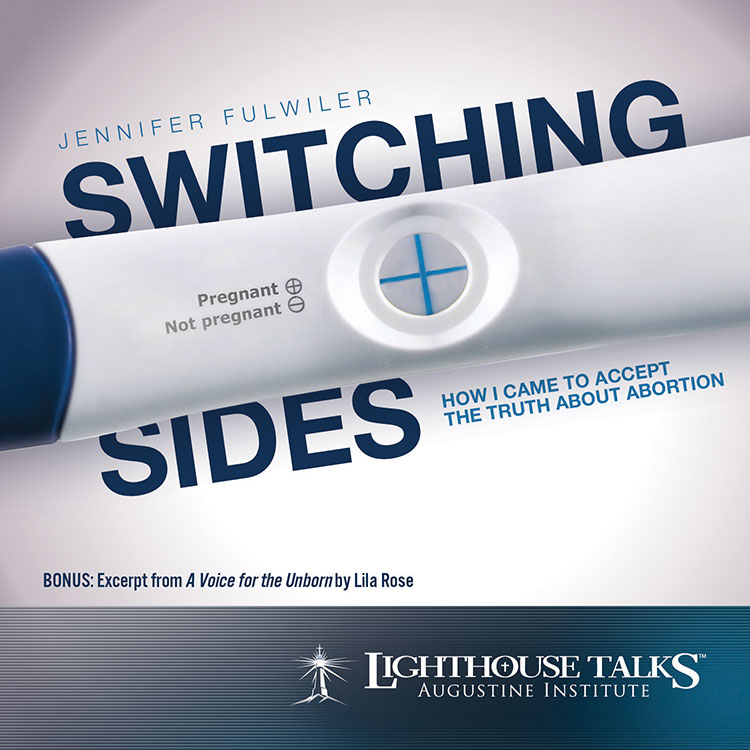
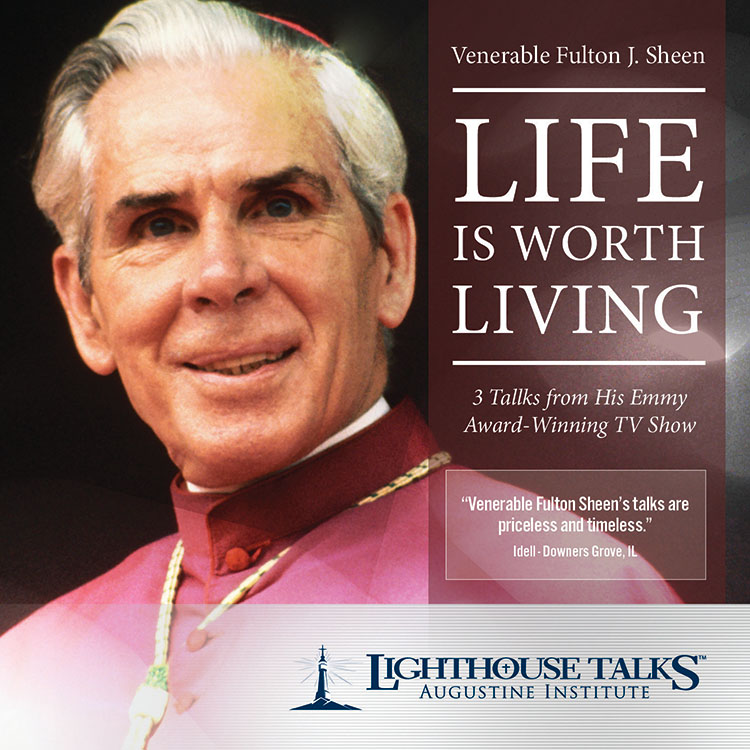
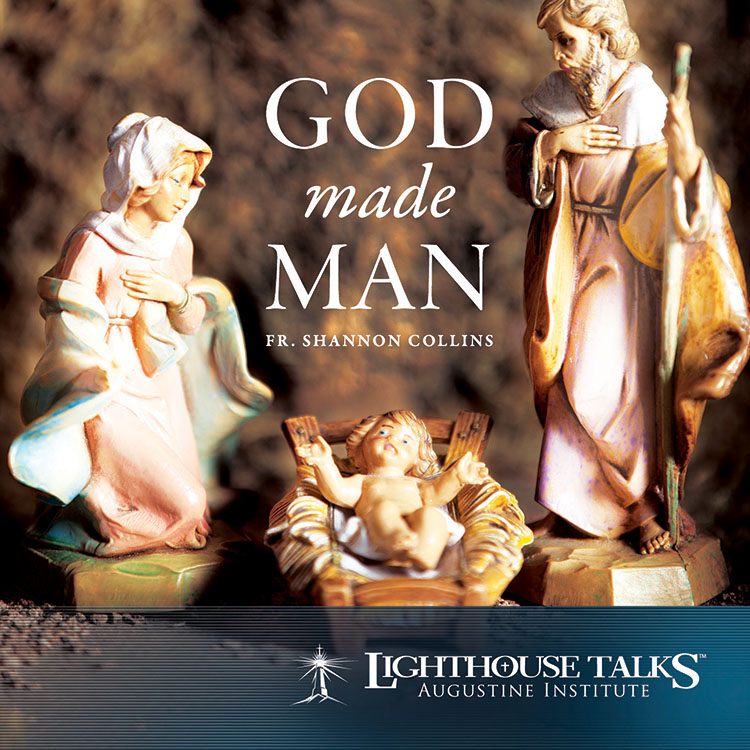




On another board,
Don said,